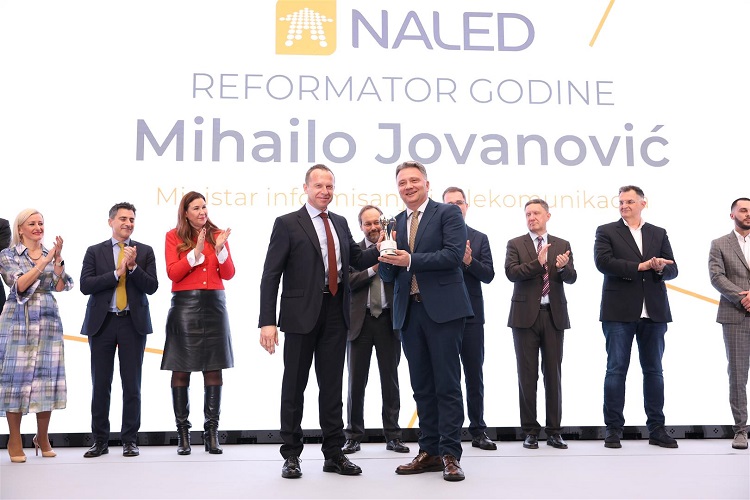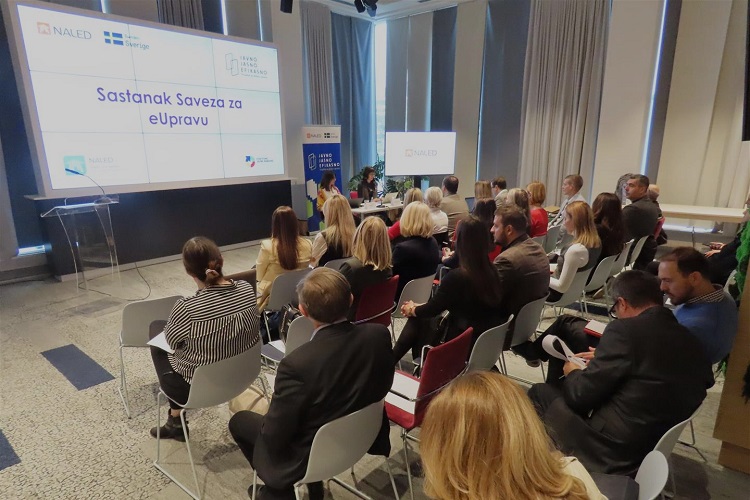Enable simultaneous residence address updates on all personal documents
A large number of citizens face the need to change their residence address due to reasons such as moving for studies, marriage, or other reasons. This process involves visiting various institutions, or even the same institution multiple times, and submitting requests to update their address on their ID card, passport, driver’s license, and other documents. To avoid this practice, it is necessary to enable simultaneous data updates across all public records by allowing government authorities to exchange information electronically as a matter of duty.
The current procedure for changing residence involves visiting the Ministry of Internal Affairs (MUP) office, submitting a request, and providing the required documentation. To update the address on the ID card, citizens must pay 380 dinars if their ID card has a chip or 1,200 dinars if it does not. Additionally, citizens are legally required to update their passport before its expiration to ensure that the data remains accurate, which involves notifying the MUP again and incurring a cost of 3,600 dinars for issuing a new passport.
For changes in the driver's license and vehicle registration, citizens must again contact the MUP. Citizens are also required to notify the Republic Health Insurance Fund so that the new address can be updated on their health card chip, as well as any other authority that records residence as an important data point, such as the local tax administration, which determines property tax based on this information. According to recent statistics from the Republic Statistical Office, 146,000 people changed their residence last year, navigating a complex bureaucratic process.
- NALED recommends establishing "Unified Administrative Centers" at police departments, modeled on local self-government practices, to handle residence changes and document issuance. This would allow citizens to complete all procedures for documents requiring address changes at a single location - explains Ana Milovanović, NALED’s Regulatory Reform Manager.
Since there is already a Residence Register and a Central Population Register that maintain residence data, it is necessary to legally obligate other authorities to access this data. Furthermore, legal provisions requiring citizens to submit requests for document updates should be adapted to the new possibilities offered by digitalization.
- The core of the recommendation to enable simultaneous residence changes in all public records is to avoid duplicating steps, where citizens are expected to physically submit requests to each authority separately for address or other personal data changes. Additionally, it aims to eliminate the requirement to specify residence data on documents where such information is not essential. Instead, institutions would exchange data electronically via the so-called service bus. This software facilitates data and document exchanges between administrative bodies, and from its inception in 2017 until last year, 170 million pieces of data were exchanged, meaning this number is now even higher – noted Milovanović.
At the EU level, there is significant progress towards digitalization and simplifying administrative procedures through various initiatives, including the development of a digital wallet. This will allow citizens to have greater control over their data and decide which personal information to share with public and private institutions. It is also anticipated that additional personal documents (such as diplomas, certificates, and payment cards) will be included, enabling citizens to store them on their phones and share them as needed, thereby facilitating electronic identification and payments. By 2026, the digital wallet is expected to be available in all EU countries. In Serbia, the first step has been taken with the formation of a Working Group to amend the Law on eDocuments, aiming to introduce a domestic version of the digital wallet.






